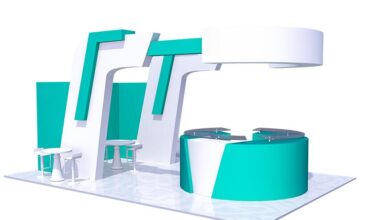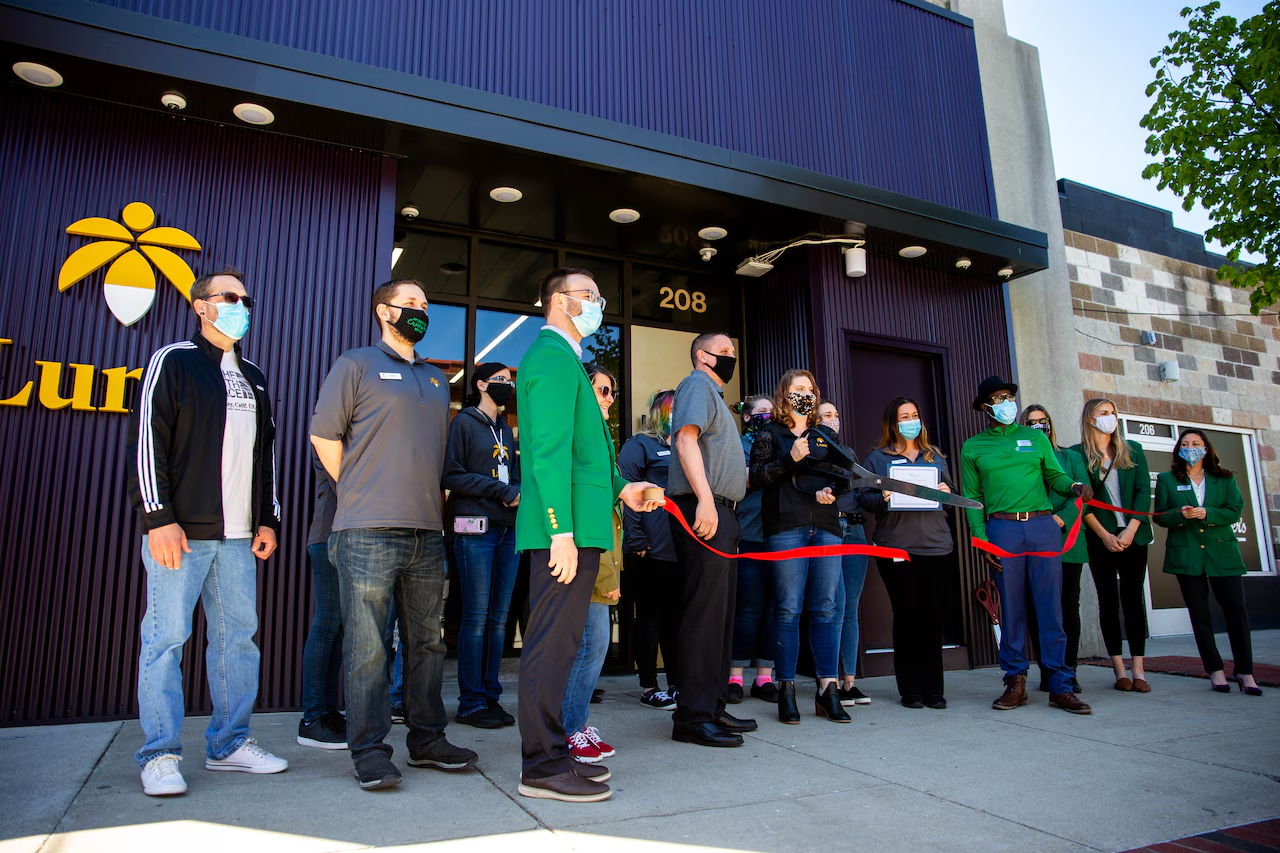Navigating the Evolving Landscape of European Golden Visas: A Focus on New Realities

The allure of European Golden Visas, offering residency and a potential path to citizenship in exchange for investment, has long captivated high net worth individuals. These programs provided a gateway to a world-class lifestyle, access to excellent education and healthcare systems, and the freedom of movement within the Schengen Area. However, recent years have witnessed significant changes, demanding a reevaluation of these programs for those considering this route to European residency.
A Shift in Focus: Europe Reforms its Residency-by-Investment Schemes
Several European countries are reforming or phasing out their Golden Visa programs entirely. This shift is driven by a confluence of factors, including:
- Rising Housing Costs: Golden Visa programs, particularly those heavily reliant on real estate investment, have been blamed for contributing to inflated housing prices in some regions. This has priced out locals and created resentment towards foreign investors.
- Security Concerns: Security concerns surrounding some investors, particularly those from countries with high corruption rates, have prompted stricter scrutiny and a desire for programs that attract individuals who will contribute positively to the economy.
- Shifting Priorities: Many European countries are now prioritizing attracting skilled workers and entrepreneurs who can address labor shortages and boost economic growth. Golden Visa programs, while generating revenue, may not necessarily achieve these goals.
A Closer Look at Program Reforms:
Here’s a more detailed breakdown of how some popular European Golden Visa programs are changing:
- Portugal: The once-popular Portugal Golden Visa, which allowed investment in coastal real estate, underwent a significant overhaul in October 2023. The real estate investment option is no more. Now, investors must allocate a minimum of €500,000 into qualifying funds such as private equity and venture capital funds focused on areas like technology, football (soccer), and agribusiness. While this might be a less familiar investment avenue for some, it offers the potential for higher returns. The application process has faced setbacks due to Covid-19 related disruptions, leading to backlogs and delays. Despite this, the new law streamlines the path to citizenship, allowing successful applicants to apply after five years from their application date, rather than five years from receiving residency. This can be a significant advantage. Residency in Portugal extends to three generations of family members, allowing individuals and their families to live, work, and study in Portugal. Additionally, the program offers visa-free travel within the Schengen Area and the benefit of Portugal’s favorable tax regime, making it an attractive option for those seeking a tax haven in Europe.
- Greece: Previously known for offering one of the quickest pathways to European residency, Greece’s Golden Visa program has also seen significant changes. The Prime Minister of Greece recently announced a revision of the program, including increased minimum investment thresholds and the implementation of zones with varying investment amounts. By raising the minimum investment threshold to €500,000 for many areas of the country (up from €250,000), the update aims to address concerns about the program’s impact on local property markets. The new system establishes three distinct area zones within Greece, each with its own investment threshold. The most popular locations, such as Athens, Thessaloniki, Mykonos, and Santorini, now require the highest minimum investment of €800,000. Despite these changes, Greece’s Golden Visa program still offers several advantages. With minimal residency requirements, investors can benefit from visa-free travel within the Schengen zone, the option to apply for citizenship after seven years, and the ability to include three generations of dependents in the application.
- Spain: Following Portugal’s lead, Spain has also announced plans to reform its Golden Visa program. Previously, the program allowed investors to obtain residency by investing a minimum of €500,000 in Spanish real estate. However, in April 2024, Spain announced the removal of the real estate investment option entirely. This move reflects the government’s push to prioritize housing as a right for its citizens rather than a commodity for investors. Currently, the only option for obtaining a Spanish Golden Visa is to deposit a minimum of €1 million into an accredited Spanish bank. Spain’s decision to eliminate real estate investment from its Golden Visa program signals a potential phasing out of the program altogether. While the program still offers residency and a path to citizenship after five years, along with visa-free travel within the Schengen area and access to an EU standard of education and healthcare, the high investment threshold and lack of a real estate option may make it less attractive to some investors.
Hungary’s Golden Visa: An Enduring Allure
Amidst these reforms and potential phase-outs, Hungary’s Golden Visa program stands out for its affordability and relaxed requirements. Here’s what makes it a compelling option for some investors:
- Lower Investment Threshold:
- Starting at just €250,000 for investment in government-approved real estate funds, Hungary offers a budget-friendly option compared to other programs with increased minimum investment requirements. This makes it a particularly attractive entry point for those seeking a cost-effective path to European residency.
- No Residency Requirements: Unlike other programs that mandate a certain amount of time spent residing in the country each year, Hungary doesn’t impose any residency requirements. This provides flexibility for investors who may not wish to relocate permanently but still desire the benefits of European residency, such as visa-free travel within the Schengen Area.
- Favorable Cost of Living: Compared to many Western European capitals like London, Paris, or Frankfurt, Hungary offers a lower cost of living. This can be a significant advantage for those considering a move to Europe, as it allows them to stretch their budget further and enjoy a comfortable lifestyle.
- Faster Processing Times: Hungary’s Golden Visa program boasts relatively faster processing times compared to some other European programs. Applications can be approved within a few months, allowing successful applicants to obtain residency swiftly.
However, it’s important to consider some potential drawbacks of the Hungary Golden Visa program:
- Limited Investment Options: Unlike programs that offered a wider range of investment options, Hungary’s Golden Visa currently focuses solely on real estate funds. While this can be a good option for some, it may not suit investors seeking more diversified investment opportunities.
- Dependence on Fund Performance: The success of your investment is tied to the performance of the chosen real estate fund. Careful due diligence and choosing a reputable fund manager are crucial to ensure your investment generates the desired returns.
- Limited Path to Citizenship: While Hungary offers residency with the possibility of applying for citizenship after ten years, the path to citizenship is less straightforward compared to some other programs. It typically involves spending a certain amount of time residing in Hungary each year, demonstrating Hungarian language proficiency, and passing a citizenship test.
Beyond Golden Visas: Exploring Alternative Options
With the European Golden Visa landscape in flux, it’s wise to consider alternative pathways to European residency for those whose primary goal isn’t citizenship but rather the benefits of living and working in Europe. Here are two such options:
- France Talent Passport: This program targets individuals with exceptional talent or skills in specific fields, such as scientists, artists, entrepreneurs, or investors. If you possess a demonstrably high level of expertise in a field deemed valuable to the French economy, the Talent Passport offers a streamlined pathway to residency without the need for significant financial investment. The application process involves submitting a detailed portfolio showcasing your skills and experience, along with a letter of recommendation from a recognized institution in your field.
- France Business Creation Program: For those with a business idea and the entrepreneurial spirit, the France Business Creation Program offers a residency option. This program requires applicants to establish a viable business in France with a minimum investment of €30,000. Additionally, you must demonstrate sufficient annual financial resources to support yourself and any dependents while your business gets established. This program allows you to live, work, and study in France while building your business venture.
The Final Word: Adapting to the New Landscape
The European Golden Visa landscape is no longer static. For those seeking residency through investment, a thorough evaluation of current requirements and evolving trends is crucial. Consulting with immigration professionals with expertise in European residency programs is essential to navigate the changing landscape and identify the program that best aligns with your goals and circumstances. Remember, while Golden Visas might be undergoing a transformation, alternative pathways to European residency still exist. With careful planning, research, and professional guidance, you can still achieve your dream of living, working, and investing in Europe.


